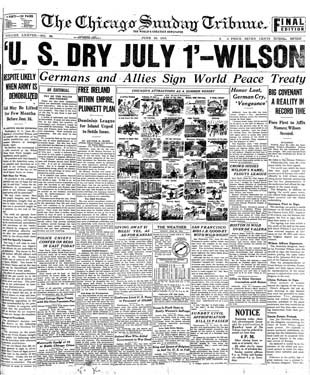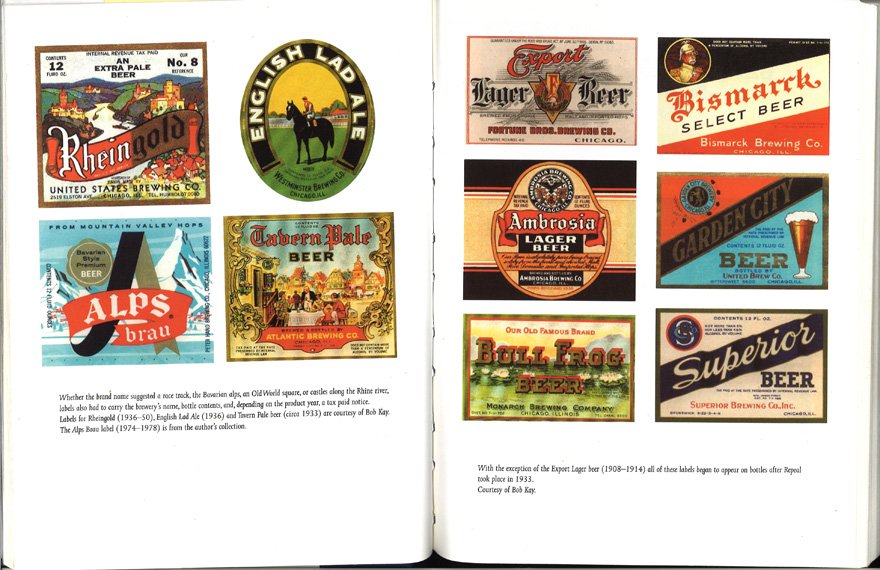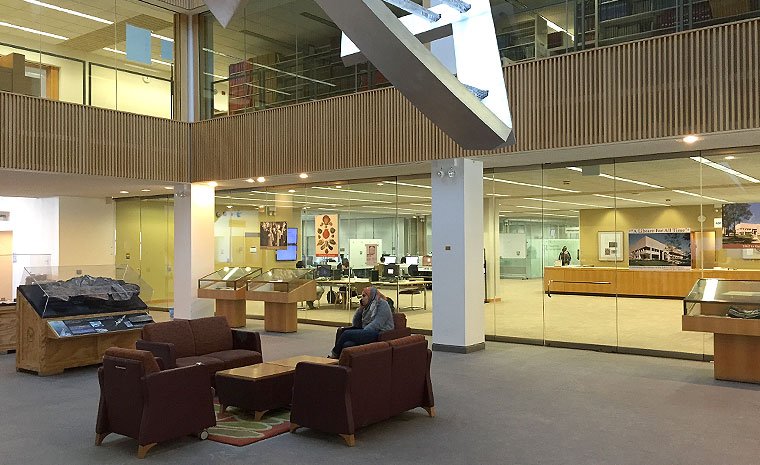Temperance and Prohibition in Chicago
The early efforts to limit or control the operation of saloons in Chicago began almost as soon as the first breweries appeared. In 1855, Know-Nothing Party Mayor Levi Boone influenced the City Council Committee on Licenses to raise the annual liquor fee to $300 from $50 and to pass a Sunday closing law for saloons. German-born brewers, who owned the majority of breweries in Chicago at that time, felt that the laws were unjust and many ignored the Sunday closing ordinance. Sparked by the trial of thirty-three violators, approximately 600 German and Irish clashed with a force of about 200 police and auxiliaries at the Cook County Courthouse in the "Lager Beer Riot." In 1856, voters rejected a state prohibition law and Boone was voted out of office. In 1873, Mayor Medill made a second, unsuccessful attempt to close local saloons on Sundays. By the end of 19th century, though, the prohibition movement was gaining ground. Leading much of the organized effort was the Anti-Saloon League, founded by Reverend Howard Hyde Russell in 1893. Russell had spent time at the Armour Mission in Chicago, where he noted the conditions in some of Chicago's many saloons. The Anti-Saloon League supported the use of the Local Option before Prohibition, which granted power to local government to regulate activity, such as liquor sales, within its jurisdiction.
The Evanston, Illinois-based Women's Christian Temperance Union also exerted pressure on the city leaders of Chicago to address the social problems associated with the city's saloons. The passing of the Eighteenth Amendment to the Constitution of the United States of America on January 16, 1919 dealt a serious blow to the brewing industry of Chicago. Prior to prohibition, saloon licensing fees contributed 25% of the city's annual revenues, resulting estimated losses of at least $8,000,000 per year. Associated industries and markets also suffered losses, including the malting plants, brewery equipment manufacturers, and grain dealers.


